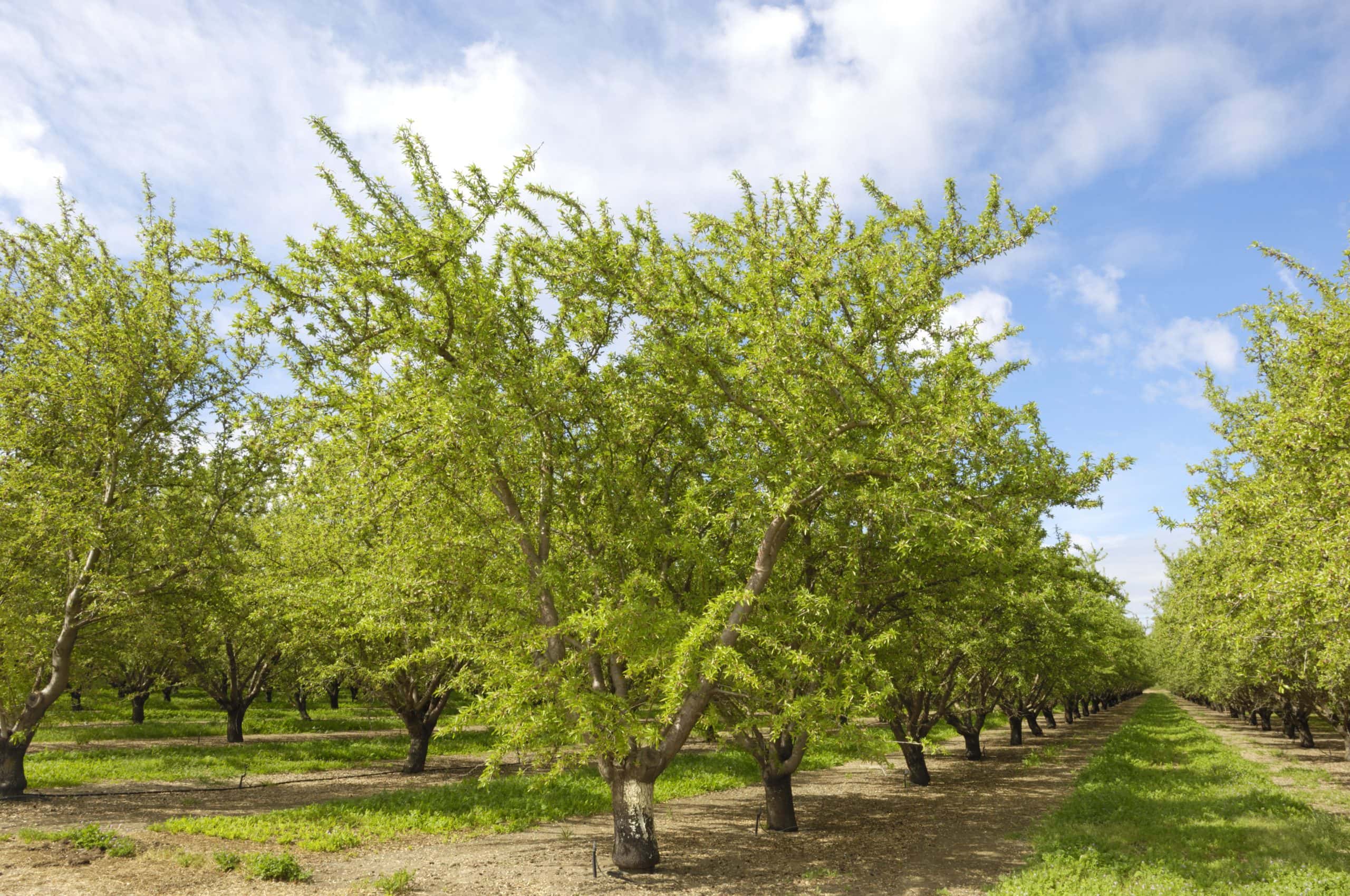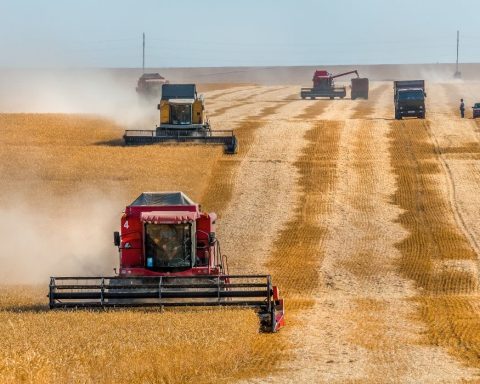This is the fourth installment of our six-part Masters of Metamorphosis series, in which we look at corporations that have reinvented themselves in order to seize opportunities in the energy transition.
In 2016, New York’s Elmhurst Dairy closed its doors as the last remaining fluid-milk plant in the city. The following year, under the continued leadership of second-generation owner Henry Schwartz, the company rebranded as Elmhurst 1925, shifting its focus to plant-based milks. “Established 1925. Founded 2017” is now the proud tagline of the reinvented company, which has since experienced significant growth.
“After 92 years in business, it was time to embrace a new model and look towards the future," Schwartz said in a press release at the time, “to lead the plant-based revolution, and create clean label products that are just as delicious and nutritionally robust as dairy milk.”
![]()
Between 2010 and 2015, the U.S. dairy-milk market experienced a notable decline, with consumers quitting milk faster than in each of the previous six decades. Public awareness of the environmental impacts and animal welfare concerns associated with traditional dairy production, as well as health risks linked to dairy consumption, helped feed a burgeoning demand for plant-based milk alternatives. This market is projected to continue on a strong upward path, with an estimated compound annual growth rate of between 7.6% to 8.9% reaching more than US$40 billion by 2033/2034.
![]() The company uses a proprietary process known as HydroRelease, developed over five years by food scientist Cheryl Mitchell. HydroRelease begins with whole nuts or grains and uses water to separate the nutritional components. These components are then recombined to form a milk-like liquid that retains the original nutritional profile of the source ingredient, without the need for the gums, stabilizers or emulsifiers commonly used in other plant-based milk products on the market. The process results in products with higher protein content and cleaner labels than many of their competitors.
The company uses a proprietary process known as HydroRelease, developed over five years by food scientist Cheryl Mitchell. HydroRelease begins with whole nuts or grains and uses water to separate the nutritional components. These components are then recombined to form a milk-like liquid that retains the original nutritional profile of the source ingredient, without the need for the gums, stabilizers or emulsifiers commonly used in other plant-based milk products on the market. The process results in products with higher protein content and cleaner labels than many of their competitors.
Additionally, all Elmhurst 1925 products are non-GMO, gluten-free, vegan, dairy-free and kosher. “We do it naturally,” Mitchell says on the company’s website, “without adding junk.”
The move has paid off. Elmhurst 1925 has since experienced strong growth and within a few years of making the transition had more than tripled the number of stores where its products are sold. In January 2025, Elmhurst recorded US$35 million in annual revenue, up from $11 million in 2023.
Masters of Metamorphosis
How some companies are embracing radical change to succeed in the green economy
Italy’s ERG proves you can trade oil for renewables and win
How Orsted ditched coal and became a titan of offshore wind
After Elmhurst made the switch from cows to nuts, the company rapidly diversified its offerings, creating milks from almonds, cashews, hazelnuts and walnuts. It continued to expand its range, launching milks and creamers made from oats, coconuts and pistachios.
![]() Not all these experiments were successful – peanut milk and hemp creamer were trialled and discontinued – but the spirit of trying new things persisted, evolving beyond beverages into plant-based foods. In 2024, it launched a new oat- and hemp-based sour cream and a plant-based “chick’n” kit that allows consumers to create their own hemp-protein-based meat alternative at home.
Not all these experiments were successful – peanut milk and hemp creamer were trialled and discontinued – but the spirit of trying new things persisted, evolving beyond beverages into plant-based foods. In 2024, it launched a new oat- and hemp-based sour cream and a plant-based “chick’n” kit that allows consumers to create their own hemp-protein-based meat alternative at home.
Elmhurst’s successful shift from dairy milk to plant-based foods reflects a significant pivot in an evolving marketplace. As consumer appetite for plant-based alternatives continues to rise, companies that meet that demand and demonstrate authentic commitment to the environment are likely to thrive. As Schwartz has said, “It’s about transforming with the times.”
Jessica Scott-Reid is a freelance journalist covering food, farming, animal and environmental topics for Canadian media. She is also a correspondent for Sentient, covering culture and misinformation.
The Weekly Roundup
Get all our stories in one place, every Wednesday at noon EST.





